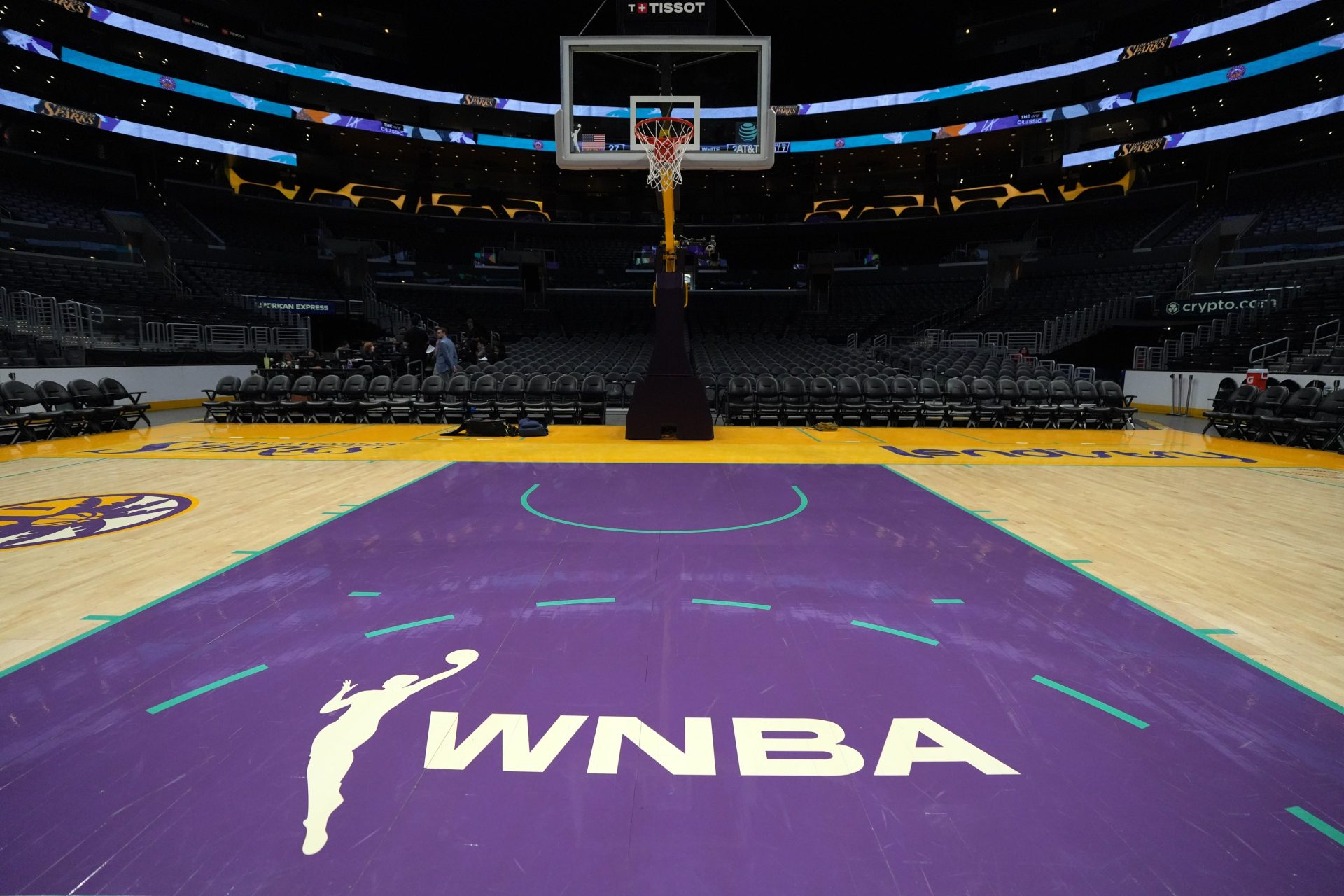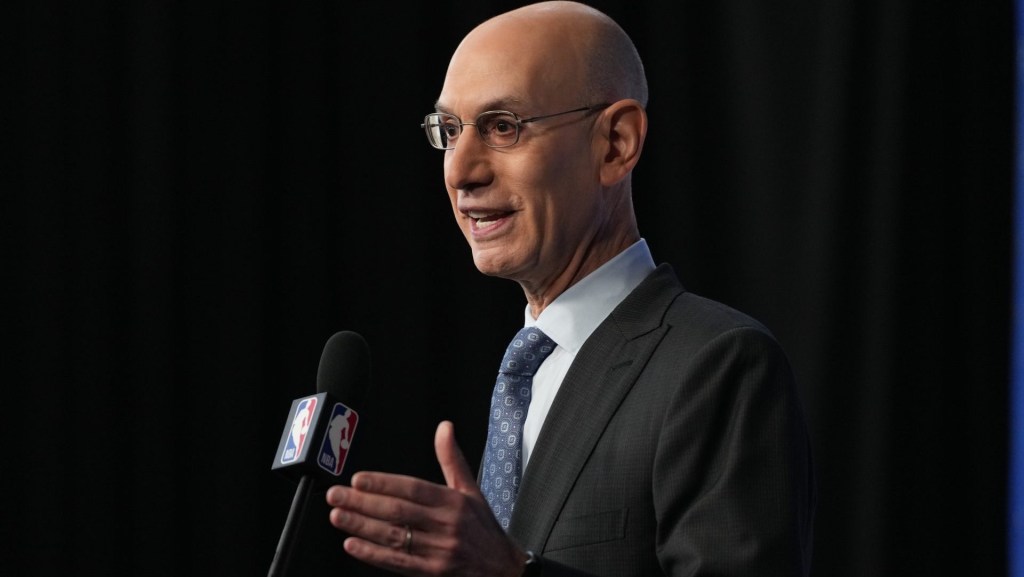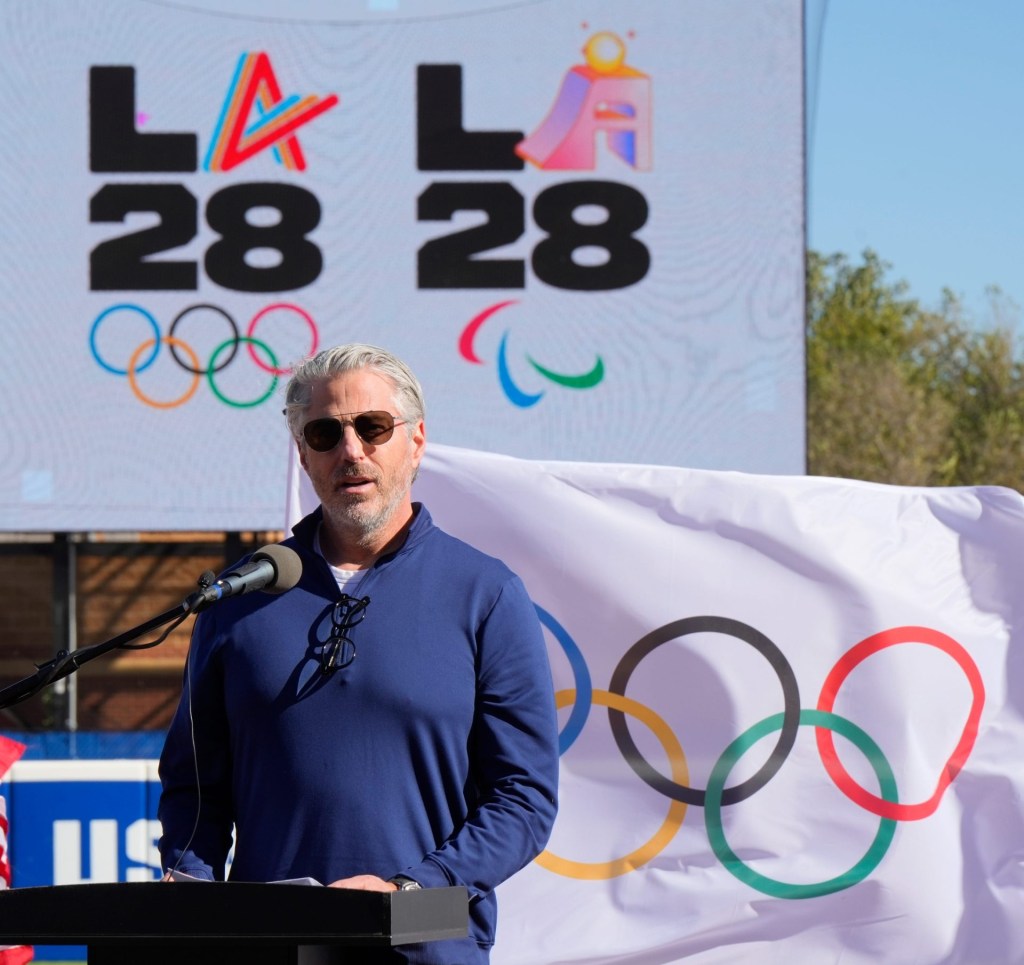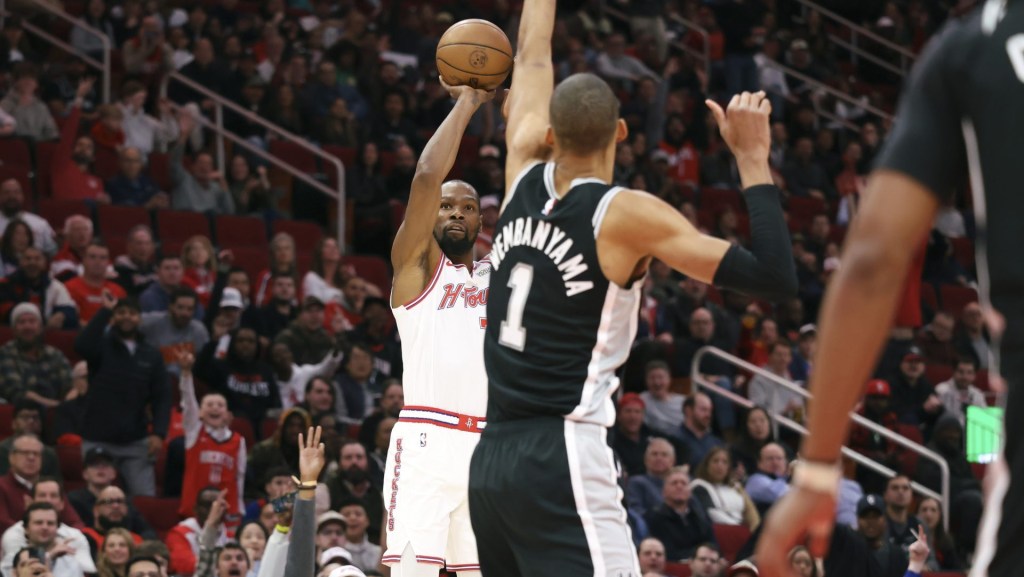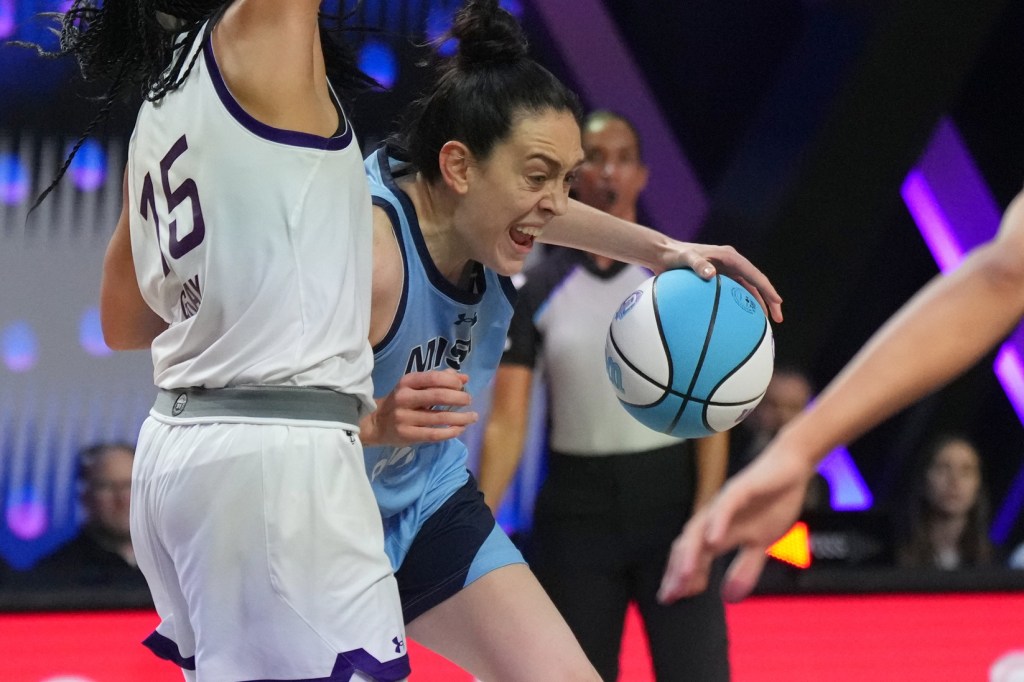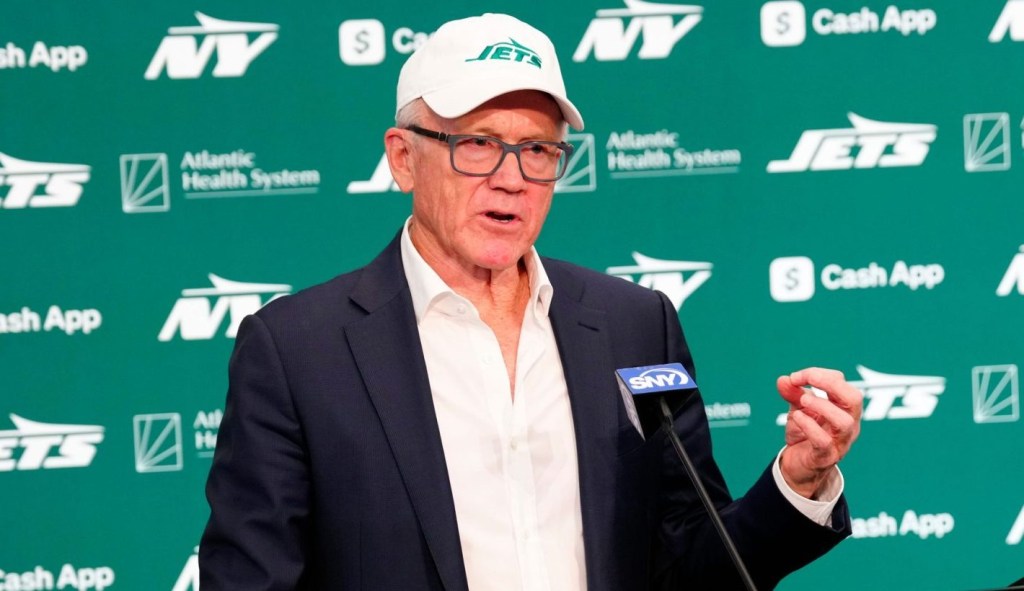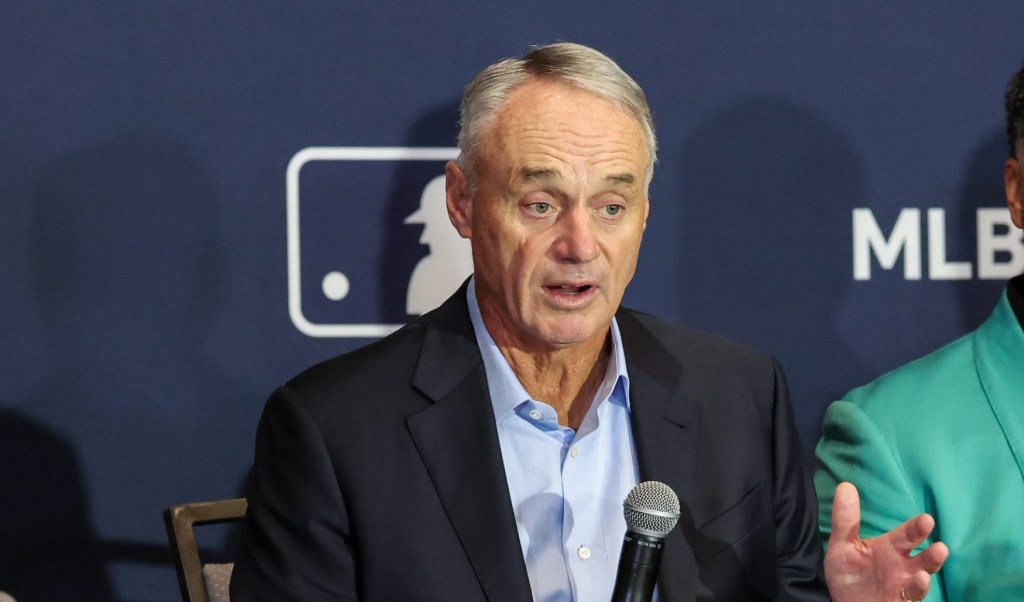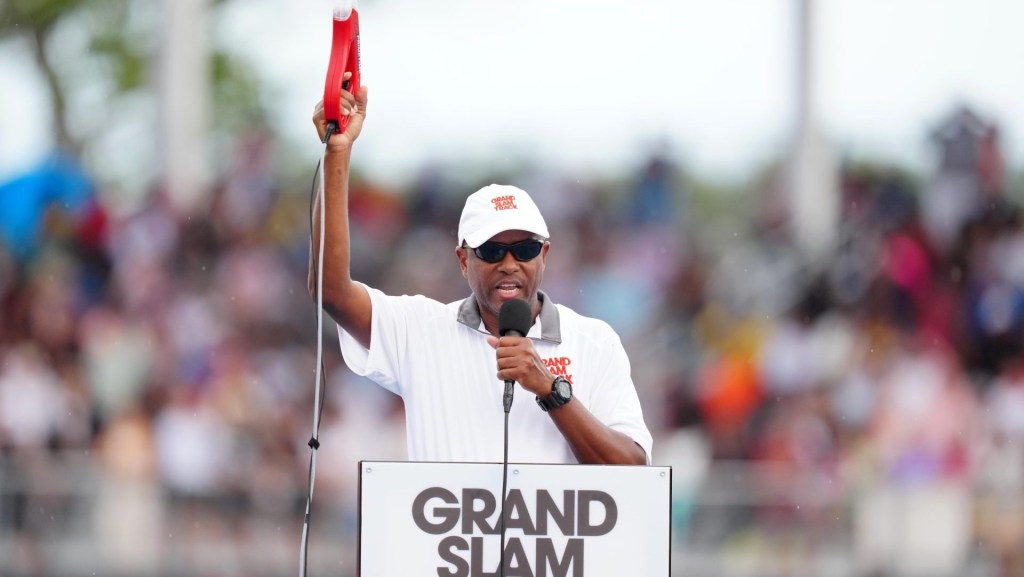The WNBA is expanding.
But instead of announcing the 16th franchise, the WNBA opted to announce the next three franchises collectively at a news conference Monday morning at league headquarters. Cleveland, Philadelphia, and Detroit will bring the WNBA to 18 teams—the most in league history—by 2030.
The WNBA will stagger each team’s inclusion beginning with the Cleveland team in 2028, followed by Detroit in 2029, and Philadelphia in 2030. A league source told Front Office Sports each team paid a record-high $250 million, up sharply from the $50 million fee paid by the Golden State Valkyries and Toronto Tempo. The Portland WNBA franchise paid a reported $125 million, which included the expansion fee and cost of a new practice facility.
A league source added that the true financial commitment of the latest expansion teams is more than $300 million when factoring in the cost of facilities.
“This is far more than an expansion of our league, it’s an evolution,” WNBA commissioner Cathy Engelbert said. “This is a bold step forward as we grow our footprint, create more opportunities for players and inspire the next generation of fans around the globe.”
All three expansion franchises will be owned and operated by the respective NBA ownership in each city. The Cleveland team’s majority owner will be Dan Gilbert. Detroit’s ownership group is led by Piston’s owner Tom Gores, and Harris Blitzer Sports & Entertainment, owners of the 76ers, will own Philadelphia’s WNBA team.
The WNBA’s ownership structure is broken down into three groups. The 30 NBA owners control 42% of the league, team owners control 42%, and the remaining 16% is owned by an investment group through a $75 million capital raise in 2022. The NBA ownership structure won’t change at all, but the 42% controlled by WNBA owners will be divided among 18 teams by 2030.
NBA ownership has been the commonality for every expansion team since the Valkyries were announced in 2023.
Engelbert said Monday that two of the league’s last three expansion teams were not NBA affiliated, referring to the Portland team and the Toronto Tempo, which will begin play in 2026. However, Larry Tanenbaum—the principal owner of the Tempo through his company, Kilmer Sports Ventures—is the governor of the Raptors and chairman of Maple Leaf Sports & Entertainment, which owns the Toronto NBA team. Tanenbaum has a minority stake in MLSE.
The Portland WNBA team is owned by Lisa Bhathal Merage and Alex Bhathal through their sports investment firm RAJ Sports, which has a stake in the Sacramento Kings.
“I don’t think we [necessarily] have a bias,” Engelbert said, regarding the WNBA’s prioritization of NBA ownership groups.
However, Engelbert didn’t shy away from the fact that the infrastructure provided by NBA ownership groups—including practice facilities, NBA arenas, and overall player experience—matters in the evaluation process as the league continues to expand. Cleveland was the “most ready,” Engelbert said, suggesting they were the first expansion team selected of the three.
The WNBA has received expansion bids from a long list of cities, including Miami, Denver, Nashville, and Charlotte. On Monday, Engelbert singled out one directly.
“There are a variety of cities that bid, and one of those I wanted to shout out—because they have such a strong history in this league and their great ownership group—is Houston,” Engelbert said.
The WNBA launched in 1997 with eight teams—including the Houston Comets—before quickly expanding to 10 in 1998. By 2000 the league had expanded to 16, which was previously the most it ever had before Monday’s announcement. But from 2003 to 2010 the WNBA saw the collapse of the Miami Sol, Portland Fire, Cleveland Rockers, Sacramento Monarchs, and the Comets. By 2010, the league was down to 12 franchises, which it operated at until last season.
The Comets made league history winning the first four WNBA titles from 1997 to 2000. The Houston bid is led by Rockets owner Tilman Fertitta, who Engelbert called out by name on Monday, alluding to it not being a matter of if they get an expansion team, but when.
“Houston would be up next, for sure,” Engelbert said when answering a question about the timeline for evaluating bids. “There might be opportunities there.”
